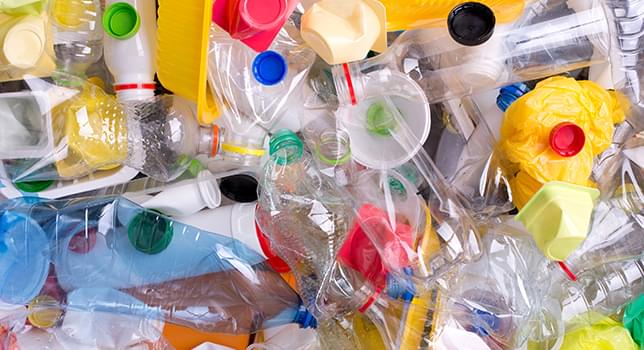
Our exclusive content:
- The top 25 disruptive technologies which are due to change the face of recycled plastic packaging
- You will uncover developments and changes which can be considered disruptive rather than simply evolutionary in the recycling industry
- This report presents ranks and describes and discusses in detail the technologies, advances, factors, developments and trends involved.
This report will also consider areas such as consumer preferences, NGO and environmental group pressures, the influence of government regulations and industry responses to these challenges.
What will you discover?
- This report discusses and analyzes a broad range of technologies and developments which could significantly impact the plastic packaging recycling and recovery and waste management industries over the next ten years to 2030
- Major factors and objectives considered while compiling the top 25 most disruptive technologies, including source reduction (materials and energy use); reuse and refilling.
A Delphi-type study was used for this report comprising three iterative rounds of survey, assessment and feedback. This process started off with extensive literature and patent research, data collection and discussions with 44 industry experts to produce an extended initial list containing 65 items in 9 general categories of potentially disruptive technologies, advances, factors, developments, changes and trends which could impact the plastic packaging recycling and recovery and plastic waste management industries over the next ten years.
Who should buy this report?
- Plastic packaging raw materials
- High-performance plastic packaging products equipment suppliers
- Plastic packaging manufacturing equipment suppliers
- Packaging manufacturers
- Packaging converters
- Brand and retailers
Dr Terry Cooper is CEO of ARGO Group International. He has over 50 years’ experience in worldwide polymer-related R&D, manufacturing and market development. He spent 16 years in R&D at DuPont and eight years managing polymerrelated research and business groups at Arco Chemical Company (Atlantic Richfield), before founding ARGO Group. He is responsible for work recognised in over 40 patents and applications and over 80 publications and presentations and has extensive international experience in the USA, Europe and Japan.
Name Ten-Year Forecast of Disruptive Technologies for Recycled Plastic Packaging to 2030
Date 12/24/2020
Price $6500.00



